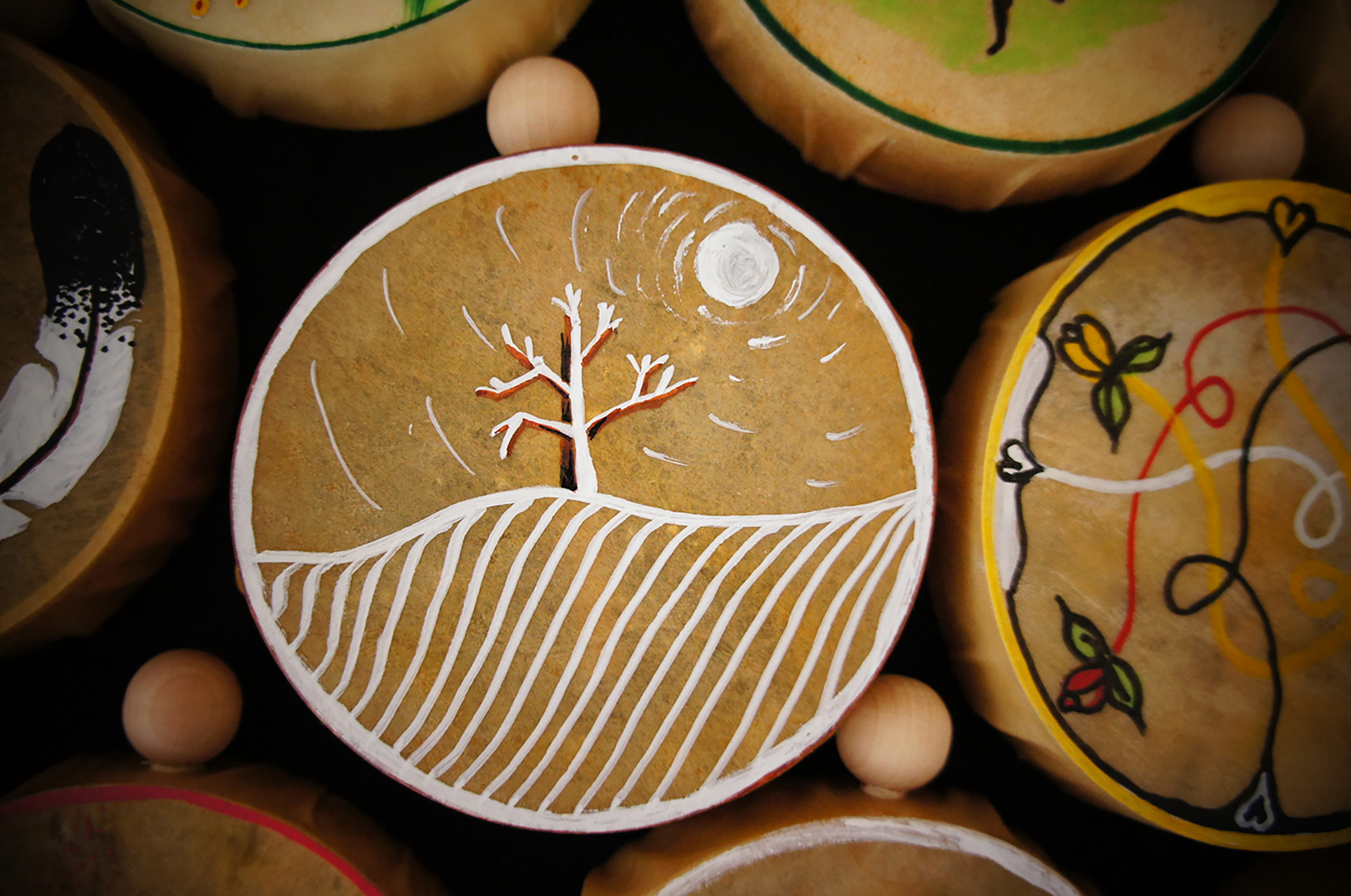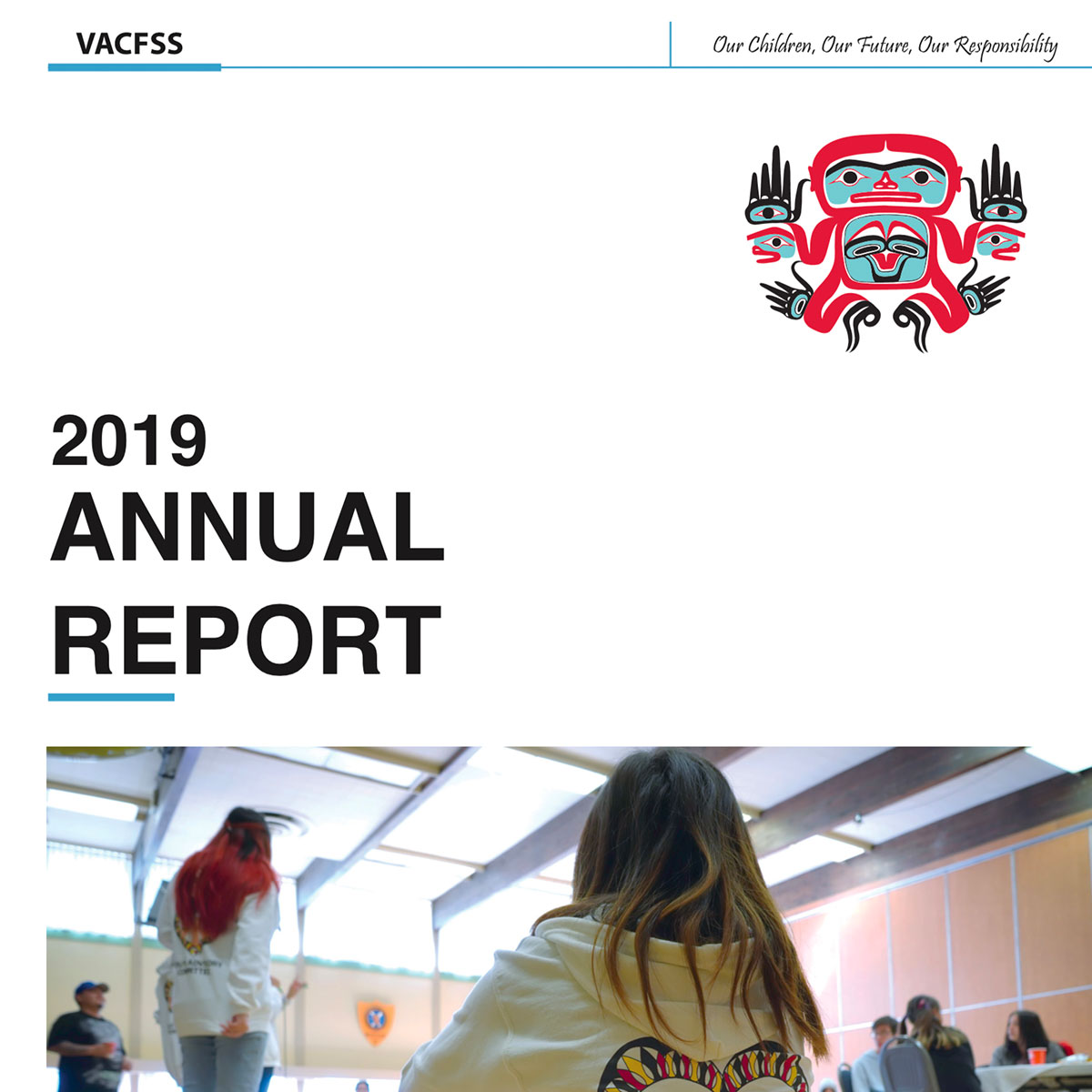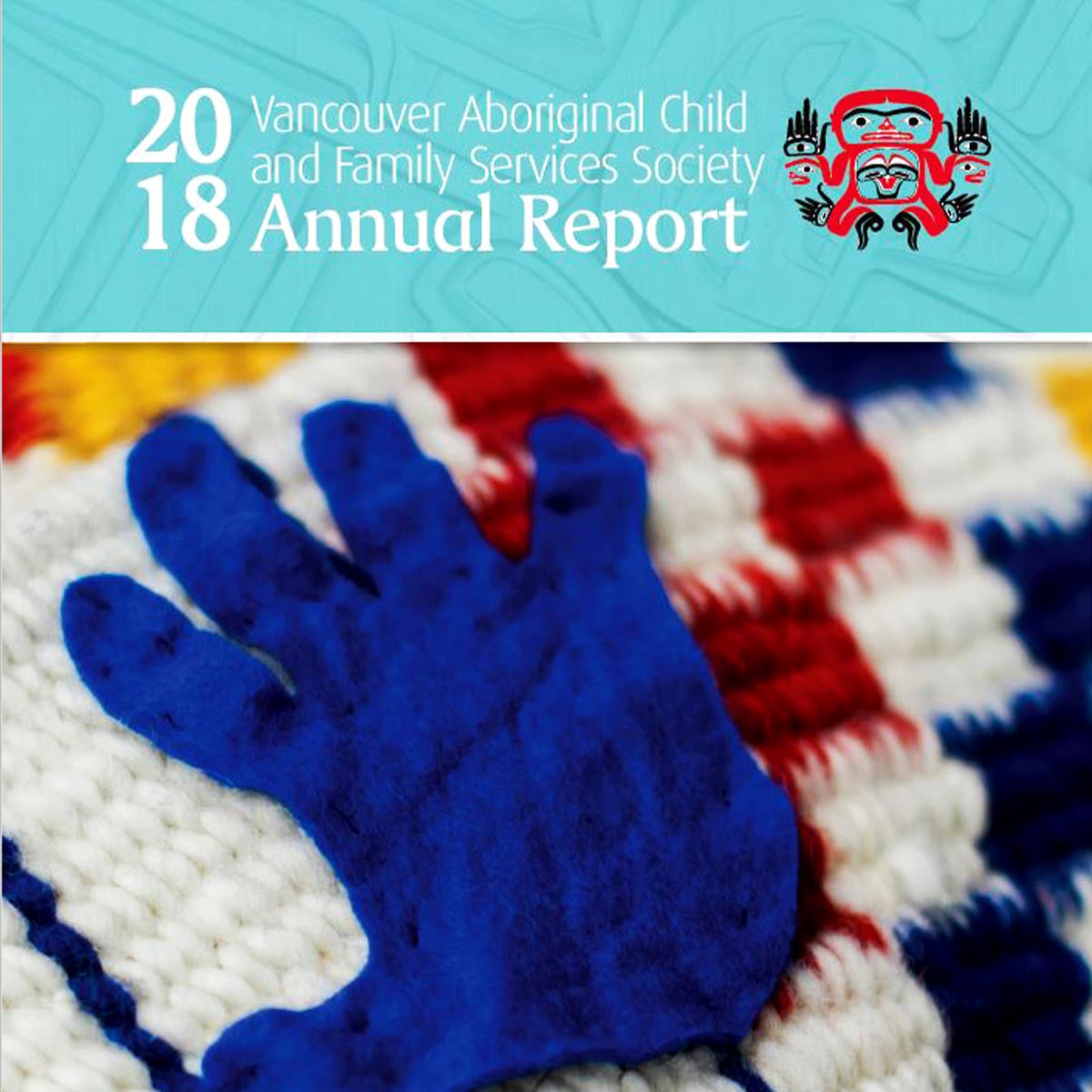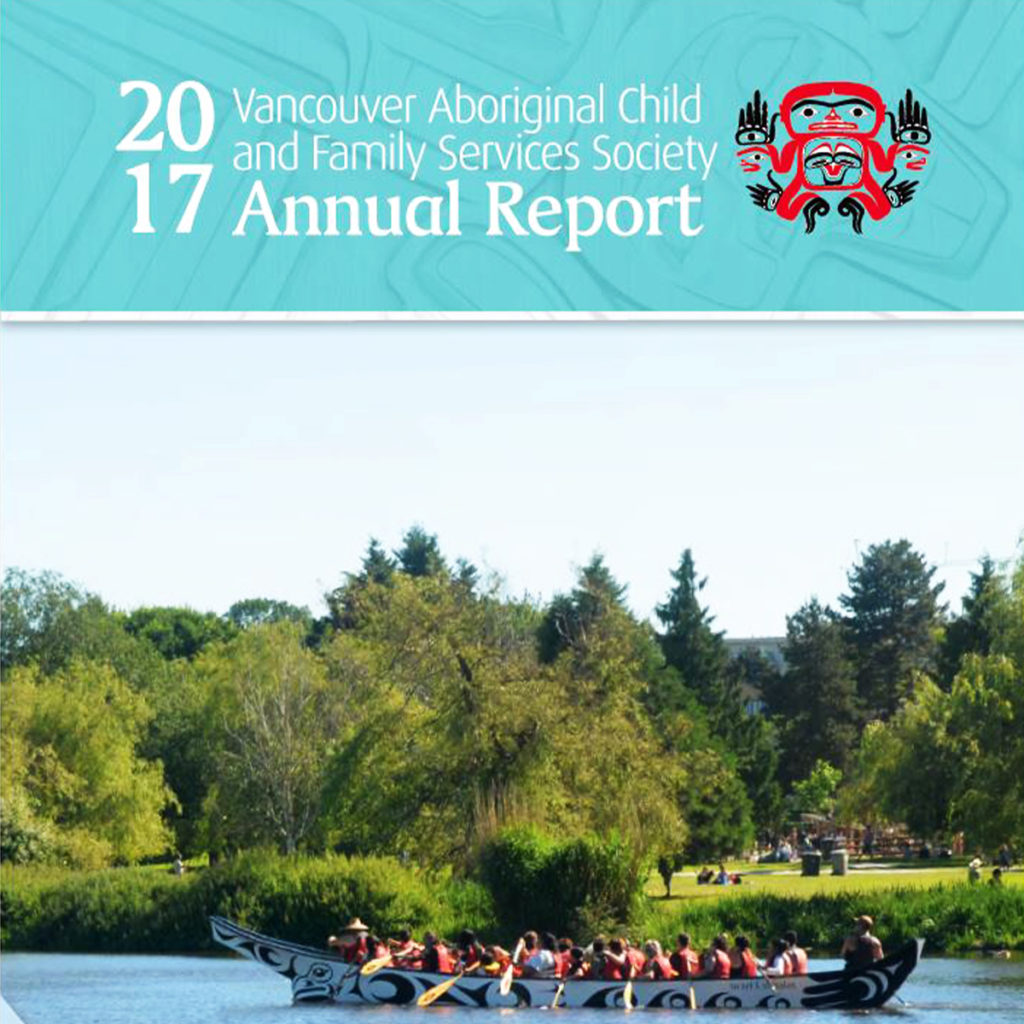Through a discussion of VACFSS’ journey in decolonization, Indigenization and anti-colonial practice, we present our restorative model and discuss the theoretical orientation and practice implications for systemic change within the child welfare system.
Authors
Jeffrey J. Schiffer, PhD. Program Director, Office of Indigenization, The Justice Institute of British Columbia
Philip Cook, PhD. Director, International Institute for Child Rights & Development
Bernadette Spence, MSW, CEO, Vancouver Aboriginal Child & Family Services Society
Michele Cook. Capacity Director, International Institute for Child Rights & Development
ABSTRACT
This paper shares a model for restorative Urban Aboriginal child welfare that has emerged at Vancouver Aboriginal Child and Family Services Society (VACFSS). Through a discussion of VACFSS’ journey in decolonization, Indigenization and anti-colonial practice, we present our restorative model and discuss the theoretical orientation and practice implications for systemic change within the child welfare system. At its core, restorative practice represents an important source of wisdom in supporting complex individual and collective human healing processes. VACFSS has created a living model of restorative Aboriginal practice through the restructuring of mainstream program models, policy revision, and use of supportive and least intrusive measures identified in British Columbia’s Child, Family and Community Services Act. The most significant effort that has led to the development of the Restorative model of child welfare practice is community based policy development, program development and research. In this paper we highlight a particular research study titled Strengthening Our Practice. The findings of this study highlight culture as a protective factor, and a methodology for moving towards the design and implementation of restorative practice. Practice implications underscore the need for more research addressing better alignment of social policy with the unique situation of Aboriginal children and families experiencing distress in complex urban environments. Continued applied research is needed on emergent practice areas such as collaborative practice, strengthening families, least intrusive measures, and inclusive foster care. Increased, meaningful involvement of client families and children involved in both the research process and application of the research findings to practice processes will be a crucial part of the next stage of the journey. We close with some implications of our model for restorative approaches to social work with indigenous peoples internationally.
Click HERE to read the full publication.














